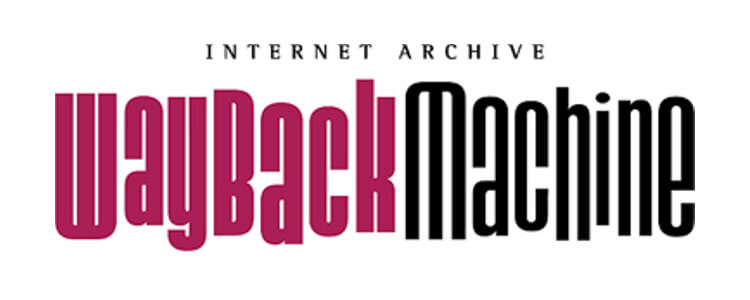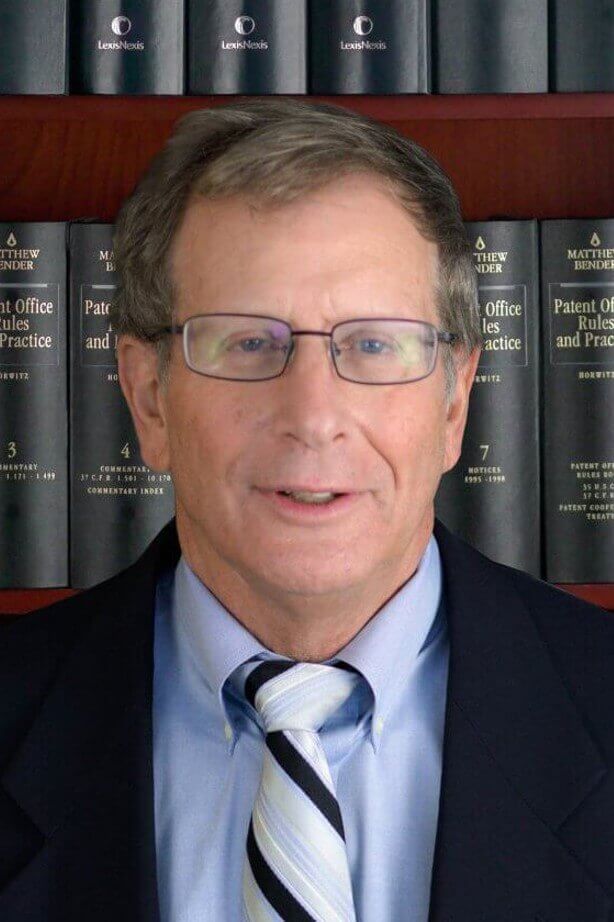Tiffany & Co. v. Costco Damage Award Vacated
Takeaway: The Second Circuit vacated the district court’s $21 million dollar judgement award to Tiffany & Co. against Costco.

Just this month, the Second Circuit vacated and remanded the district court’s finding (Tiffany and Co. et al. v. Costco Wholesale Corp., 2nd U.S. Circuit Court of Appeals, No. 17-2798) that Costco was liable for counterfeiting, trademark infringement, and its award of damages to Tiffany in the amount of $21 million dollars. The Second Circuit reasoned that it was premature at the summary judgment stage to conclude that Costco infringed Tiffany’s trademark when Costco advertised the word “Tiffany” with accompanying display cases for diamond engagement rings.
The Second Circuit also found that Costco’s evidence “presented a ‘genuine question as to the likelihood of customer confusion’ because Costco provided evidence that ‘Tiffany’ is a broadly recognized term to describe a particular type of ring setting and because purchasers of diamond rings ‘educate themselves so as to become discerning consumers.’”
Photo Credit: https: //www. worldtrademarkreview .com/ enforcement-and-litigation/legal-experts-react-appeal-courts-21-million-damages-decision-in-tiffany-v-costco#
“Gruyere” is Untrademarkable for Cheese
Takeaway: U.S. cheese makers can continue producing and naming their cheese “Gruyere.”
American cheese makers can continue to refer to their cheese as “Gruyere,” as the Trademark Trial and Appeal Board (“TTAB”) recently ruled that the name is a generic term. This means Swiss and French industry groups cannot preclude U.S. cheesemakers from using this term. Both groups in the case (U.S. Dairy Export Council et al. v. Interprofession du Gruyère and Syndicat Interprofessionnel du Gruyère, 2020 USPQ2d 10892) argued that just as Champagne or Parmigiano-Reggiano gives a “geographic indication” as to the source of the product, “Gruyere” should be treated the same.
The TTAB, however, “found that purchasers and consumers of cheese understand the term ‘Gruyere’ as a designation that primarily refers to a category within the genus of cheese that can come from anywhere,” not just Switzerland or France. The board also noted that “Gruyere” cheese is produced in many other countries outside Switzerland and France and the name is not indicative of its geographic source
Wayback Machine as Prior Art

Takeaway: Be sure to do an extensive search on the Wayback Machine when researching prior art for your potential patent application.
In a recent appeal from a rejection to a patent application (Ex parte Babek Ghalili and Kevin McGovern, Appeal 2020-001741, P.T.A.B. Aug. 3, 2020) involving an anti-wrinkle and aging product, the PTAB determined that a prior art reference shown to have been archived by the Internet Wayback Machine prior to the effective filing date of a patent application was accessible and thus available to serve as prior art.
The use of the Internet Wayback Machine is gaining steam in litigation. In this recent appeal for the skin-improving product, the PTAB has indicated that if a document in the Wayback Machine was archived prior to the effective filing date of a patent application, it can serve as prior art to the application. This may have implications for prior art searches in a litigation context, as well as potentially expanding the scope of prior art searches by patent examiners.
Applicants for U.S. Intent-To-Use Trademarks Should Have a Good Faith Intent in List of Applied for Classes
Takeaway: It is important for trademark applicant’s to have a good faith intent-to-use the mark on all goods listed in the U.S. application.
It is not unusual for non-U.S. trademark applications to list a multitude of goods and/or services in an application in an attempt to reserve future rights to use the trademark in connection with various goods or services. In other countries outside the U.S., there is no use requirement to gain trademark registration or to secure an international registration. Trademark applicants can subsequently file for a U.S. trademark registration based on these non-U.S. counterpart registrations. It is important to note, however, that if the goods and services in the non-U.S. registration are listed in an overbroad way and are not in use in commerce, the lack of a bona fide intent-to-use the mark in commerce in the U.S., in connection with some of the goods and services, may restrict the U.S. application from gaining trademark registration.
Recently, in a Trademark Trial and Appeal Board (TTAB) decision (Société des Produits Nestlé S.A. v. Cándido Viñuales Taboada, 2020 USPQ2d 10893) on a Notice of Opposition for the mark NESPORT, the applicant’s registration was refused because the Opposer demonstrated that the applicant did not have a bona fide intent to use the mark in commerce in connection with at least some of the classes of goods listed at the time of the original trademark application. Thus, when attempting to leverage a non-U.S. trademark registration into a broad U.S. trademark registration, it is important to pay special attention to the applicant’s good faith intent-to-use the mark on all classes of goods listed in the U.S. application, or the U.S. application may be refused.
Tiktok Under Fire for Patent Infringement
Takeaway: A Dallas-based entity is alleging Tiktok infringed its patents.

The social media platform TikTok, which has been in the news recently for threatening national security, is also facing allegations by a Dallas-based entity, Pixmarx IP LLC. The case (Pixmarx IP LLC v. TikTok Inc., 6:20-cv-00736, Western District of Texas) states that the social media app is unlawfully using patented technology used to embed content into digital images, including watermarks, pictures, text, and other patented content. Pixmarx IP is alleging direct and induced patent infringement against the China-based company and is seeking attorney’s fees according to the suit filed in Texas Federal Court.
Cislo & Thomas LLP Spotlight
Jeffrey G. Sheldon Honored in Best Lawyers in America 2021 Edition Awards!

Congratulations to Jeffrey G. Sheldon, Esq. on his inclusion in the 27th Edition of The Best Lawyers in America for his work in IP Litigation, Patent Litigation, Patent Law, and Trademark Law!
Jeffrey is an experienced IP attorney, who focuses his practice on all aspects of intellectual property, from prosecution and litigation to domestic and international licensing.
Great work, Jeff!
Enjoy keeping up with IP news?



